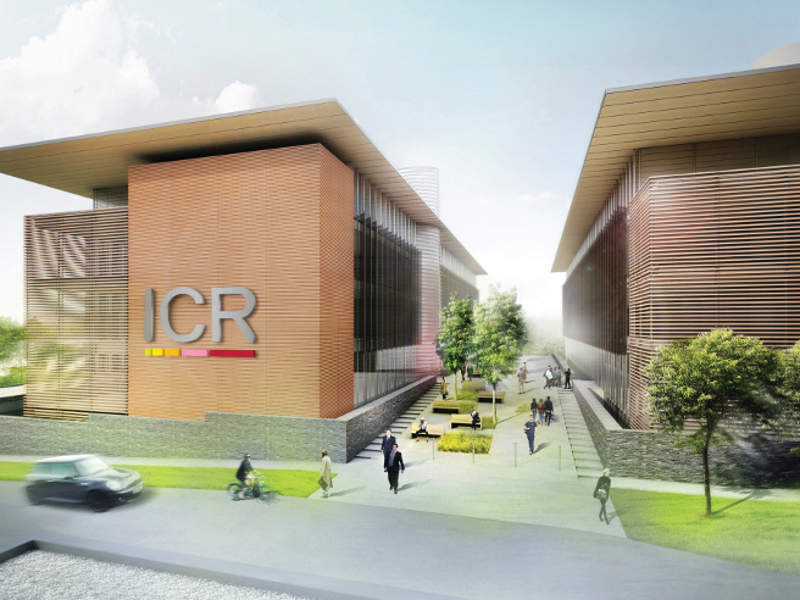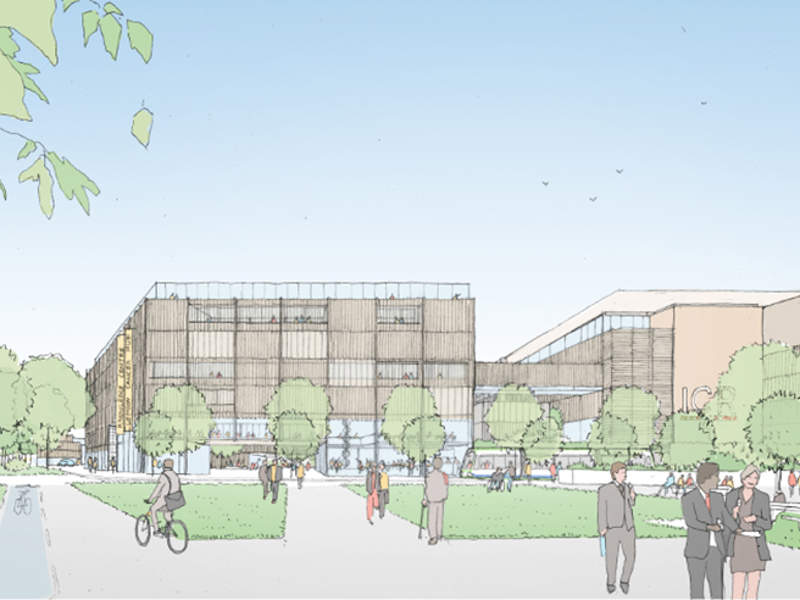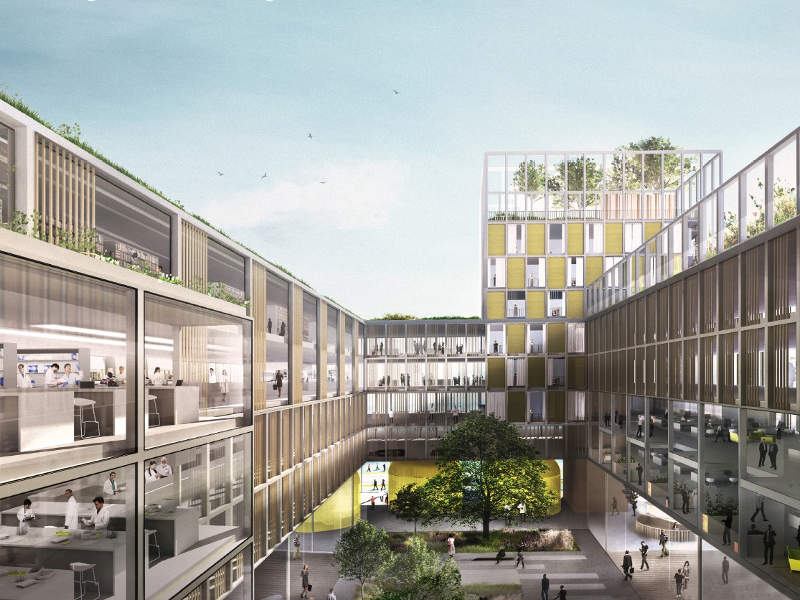The London Cancer Hub is a facility for cancer research and treatment located in Sutton, London.
The hub will be developed by the Institute of Cancer Research (ICR) in collaboration with The Royal Marsden NHS Foundation Trust, the Greater London Authority, Epsom, and St Helier University Hospitals NHS Trust.
Plans for the facility were first unveiled in February 2016. The facility is expected to help develop at least two cancer drugs every five years.
The facility’s construction is due to begin in 2018 and is expected to generate 7,000 jobs in research, healthcare, administration and leisure. The project will also create 6,200 jobs during construction.
The project is expected to generate around £5m ($6.40m) in revenue a year and will contribute £1.1bn ($1.52bn) to the UK economy.
London Cancer Hub location details
The cancer hub will be located on 20ha of residential area south of Sutton town centre in the Golden Triangle cluster, which houses universities, researchers and life science companies.
The hub will be situated near Gatwick and Heathrow airports and 30 minutes from the Royal Surrey Hospital and the Cancer Partnership Research group in Surrey.
Facilities at the London Cancer Hub
The facility will contain integrated life science buildings with 280,000ft² of total floor space, accommodating cancer research and diagnosis facilities.
It will accommodate around 10,000 scientists and clinical support staff, and will provide space for research and development in biotech, pharmaceutical and equipment manufacturing.
The hub will also help expand the ‘world-leading’ cancer research and treatment carried out at the ICR and Royal Marsden Hospital.
The hub will also include classrooms, hotels for visitors and patients, and leisure amenities. New buildings will enhance research and cancer care, offering an environment for interaction between scientists and clinicians.
Design and features of the London Cancer Hub
The hub’s main entrance will be located on the north-west corner and will connect to the ICR campus. The west-to-east route will connect Brighton Road, and a north-south link road will connect to the main clinical area. There will be a transport loop aligned to ICR buildings and amenity areas.
The facility will comprise public squares, open spaces and landscaping. The hub will also include public transport facilities and dedicated parking spaces for cars and bicycles.
Development of the London Cancer Hub
The project will be developed over a period of 20 years in five phases. In the first phase of development, ICR will expand new drug discovery facilities in the research hub complex. It will also build and expand parking spaces, a power plant and a life sciences school by 2018.
Sutton Council has purchased 22,000m² of land for the first stage of a planned expansion and redevelopment.
The second phase of development will involve building two public squares for business and community activities. The Royal Marsden will expand the medical care facilities by 2019.
The third phase of development will include the provision of facilities for private enterprises for activities related to leisure and relaxation.
A tram network will be developed in the fourth phase to link the hub to Sutton town centre and central London from the west. The fourth phase will also involve building life-science buildings with space for academic research and medical facilities.
The fifth phase of the research hub development will include integrated life-science facilities to pool researchers and clinicians to work at one location.
Contractors involved
Haptic Architects and Nordic created the development framework for the cancer hub in partnership with Inner Circle Consulting, WSP and JLL.
Financing
The total investment required for the completion of the project is estimated at £1bn ($1.28bn).
In November 2016, Sutton Council received £300,000 from the UK Government to fund the project’s development. In March 2017, Sutton Council provided £14m ($17.92m) for the cancer hub.






